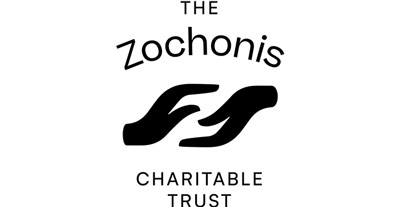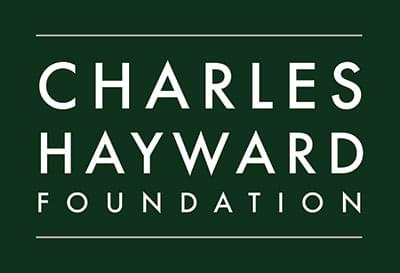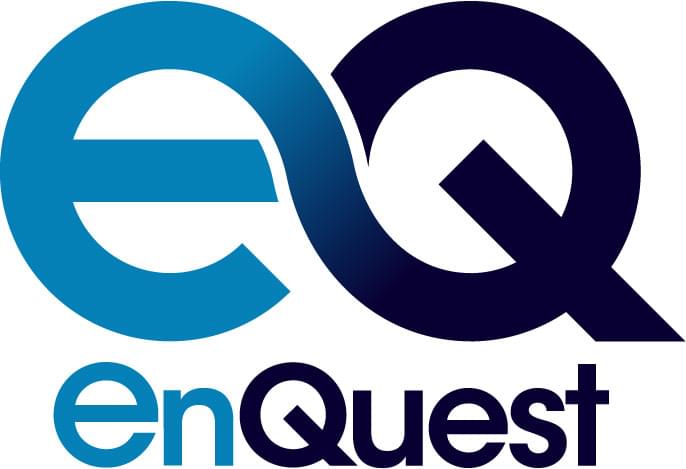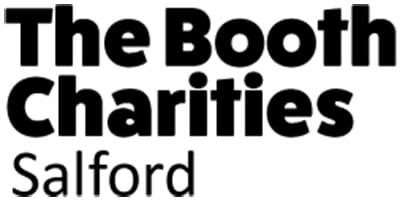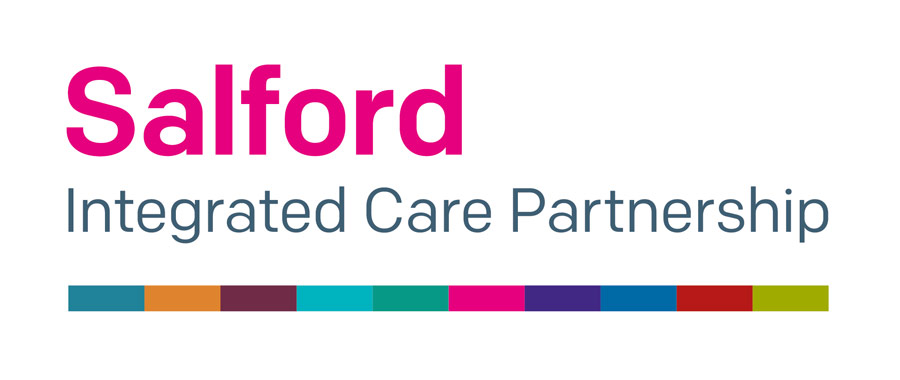Information for Young Survivors aged 18-35
If you are or know a survivor of sexual harms aged 18-35, you’re in the right place. We support men affected by these experiences, their families and allies, as well any NB/GNC survivors who are comfortable in a male support focussed environment. Our charity provides a home for these survivors and their loved ones, offering a range of trauma-focussed therapy, providing ISVA (Independent Sexual Violence Advisors) to those who need advocates or assistance seeking criminal justice, as well as a full array of community activities and groups – including the Hangout, our exclusive space for survivors under the age of 35.
Curious to learn more or get started? Keep scrolling!
Under 18?
Whilst We Are Survivors currently only works with adults aged 18 and over – if you’re under the age of 18 and in need of help, don’t panic: we can point you in the right direction.
[SELF HELP GUIDES HERE]
Why is it so hard for young men to talk?
If you’re a survivor yourself, you may well have a million answers to that question swirling around your head – here are some that many of us can relate to or have struggled with.
- The power of shame – Emotions like guilt, shame and embarrassment keep young men quiet and help protect perpetrators by preventing us from sharing our stories out of fear of judgement from others or ourselves. 30% of male survivors have never reported their experiences – this is almost twice the number of female survivors who do not disclose. Following on from the successes of the #MeToo movement for breaking the silence on female sexual harms, more and more men speaking up – but with the average time it takes for a man to disclose still being over 20 years, it is important that we continue our fight to make society more excepting and less judgemental towards men and boys also.
- Is it just me? – Because of the silence that surrounds sexual harms, its difficult to know just how prevalent they are, or how many other male survivors are out there. Organizations like ourselves and 1in6 are trying to change this – but there are still far too many men and boys who falsely believe that they are alone in their experiences or that nobody else relates to what they’ve been through.
- I’m trying to be a ‘man’ about it – All of us understand the want to move on and leave the past in the past – but trauma has a way of ‘following’ people like a stone in their shoe, never letting them truly feel comfortable. Taking that stone out now – talking through the pain and processing it whilst you’re young – can give you the chance to heal now and live the rest of your life outside of its shadow, transforming what you’ve overcome into a source of strength. One of the most common things we hear from clients over the age of 35 is that they wish they’d gotten help sooner.
- Did I make it up – I’m not even sure what happened? – Many survivors struggle with recalling what happened to them – some perpetrators target those on drugs and alcohol, or your experiences might have occurred when you were too young to understand what was going on or remember exactly what happened. Even if that’s not the case for you, despite media depictions usually showing survivors as having ‘photo-perfect’ memory of their traumatic experiences, it’s completely normal to struggle with recollections of traumatic events – dissociative amnesia is a very common side effect of PTSD.
- Am I to blame, or could I have stopped this? Unfortunately, it is common for survivors – especially men – to blame themselves for what others’ actions, thinking that they could have done more to prevent their experiences from happening to them. We commonly hear people refer to a ‘fight or flight’ response to threats – but not including the other two common responses in humans and animals, ‘freeze or flop’ – which are far more prevalent as a response to unwanted sexual contact, a fact which individuals who perpetrate abuse rely on in order to commit sexual harms. If fighting or fleeing from a situation is even possible, these are the two options that put survivors or their loved ones in the greatest danger. Too often, young men can find their masculinity undermined by thinking they could have prevented their own or someone else’s abuse, and can develop a protective sense of avoidance or aggression as a result – yet if we take a second to imagine our experiences having happened to someone else, most of us would be quick to tell that person that none of it was their fault.
- Who can I even trust? – Rebuilding trust with the world despite our experiences is no small challenge, and it appearing vulnerable in front of others takes a huge amount of strength: men and boys are more likely than women and girls to face abuse perpetrated by authority figures, and this can create an understandable distrust of those in power or within organisations. There is no expectation to report your experiences to the police, your GP, or anyone else – and if you do decide you wish to, you can expect our support in doing so: to learn more about this, click here.
- What would happen to me? – fear of retaliation – abuse by gangs, or what might happen within your family. What if they find out about my sexuality? A lot of men stay silent in order to protect themselves from harmful myths about their identity – whether through fear of retaliation from perpetrators, or isolation from their families or communities due to intolerance or misunderstandings about the overlap between sexuality and survivorship. A person’s sexuality has no bearing on whether they have consented to a sexual act or not – and whilst sexual harms can impact the way we are able to express ourselves, there is no evidence that they shape our sexualities in the first place. The decisions made by others should have no bearing on how you see yourself or are viewed by the world, and if you fear that others that you know are not yet ready to accept this or who you are, please be re-assured that we will always protect your right to privacy and confidentiality.
Who will even listen to me? – We will – there’s no pressure to talk until you’re ready, or to try convince us or prove what’s happened. We Are Survivors is more than just a snazzy name – we are survivor-lead by our CEO and Expert Reference Group: a panel of past and present clients who ensure that our decisions are made with the consideration of survivors needs first and foremost. Over half of our workforce (53%) identify as survivors themselves – and all of us are allies who are committed to helping break the silence on male sexual harms.
Introducing our solution: The Hangout
We understand hard it is for survivors to talk about their experiences with others, or to feel accepted or safe around others. The Hangout is our answer to this – a casual space for young survivors aged 18-35 to be themselves without fear of judgement or shame. There’s no pressure or expectation to talk – just knowing that everyone in that space can relate to each other on some level is often enough.
We jump on the speaker, play a few rounds of cards, switch on a movie or a console, and relax. Whether you’re just dropping by for half-an-hour to dodge the Manchester rain or unwinding on your way home after a long day, you’re always welcome to stop by.
Where, When and What?
We run every afternoon Tuesday from 3-5pm @ We Are Survivors, Unit 17, Brewery Yard, Deva City Office Park, Ring Rd., Salford M3 7BB (7BD on Satnavs). These afternoon sessions are perfect for a chat, coffee, and a chance to see the place and refer in to our service. Every two weeks we extend the session from 3pm to 7:30pm and run event nights – these are the best times to come on down to see what the Hangout is all about, meet other survivors and unwind.
To see what we’re running each month, click here to see our calendar. This space was created and run by young survivors – so we’re always looking to hear new ideas directly from the source: we welcome any suggestions that can help us make the Hangout the place you’ve always wanted or needed. You can always chat to a member of our Community team, or use the red post-box within the space to submit your thoughts – or click here to do so online.
How do I get involved?
If you’re new to our service, you’re welcome to just drop by on a Tuesday and buzz our intercom – we can complete your sign-up once you get there, or arrange another time to refer you in if you decide you like what you see.
If that’s a little daunting, just email [email protected] or call our office on 0161 236 2182 – you can ask to speak to a member of the team about the Hangout in advance, or let us know when you’ll be coming down so we can arrange to meet you in our carpark beforehand.
Can I bring a friend?
Anyone is free to bring a +1 with them – supporters of survivors, those who have experienced similar trauma, or just allies of our community: we welcome anyone who supports or relates to the issues faced by male survivors of sexual harms.
If you are a professional supporter or you would like to bring a +1 who is over the age of 35, please email [email protected] in advance to let us know that you wish to attend.










